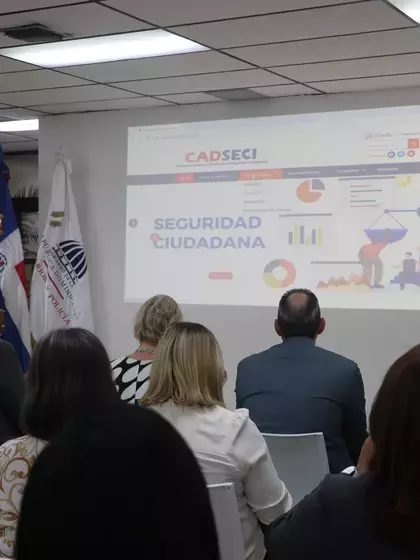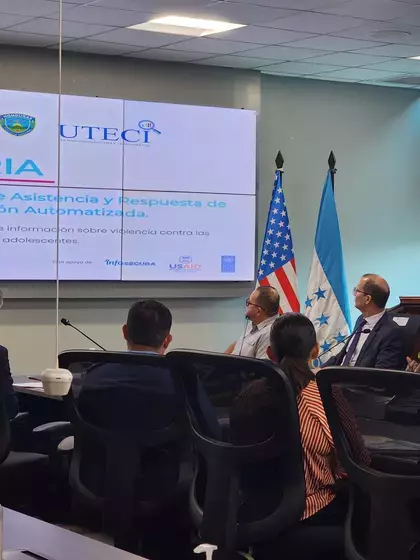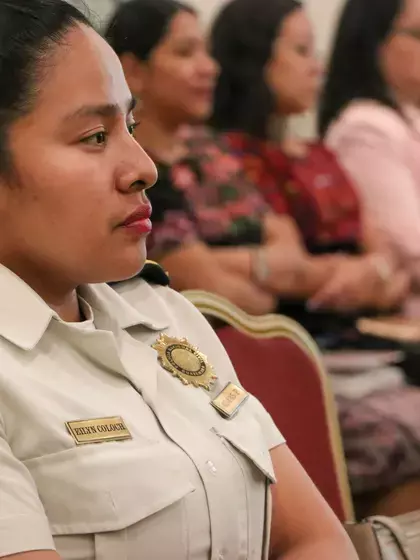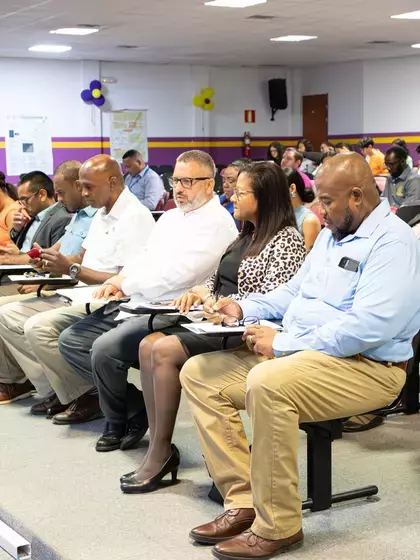InfoSegura launches Second Citizen Security Week in Panama
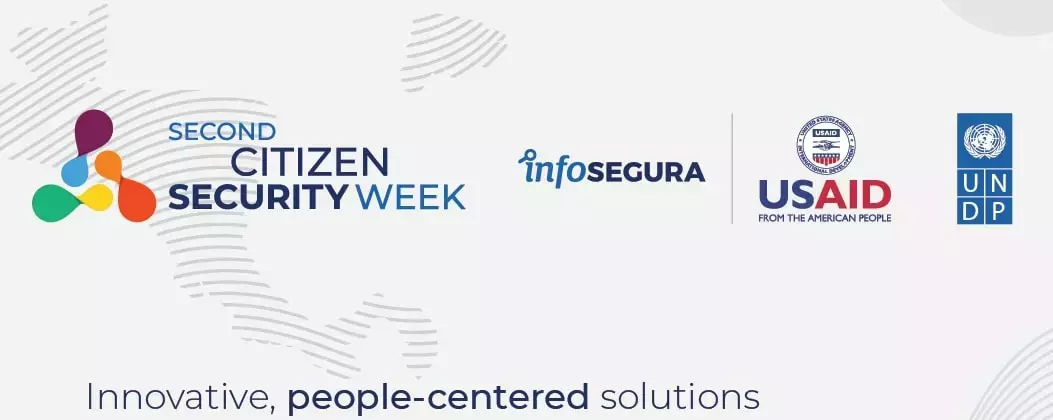
Discussion is the foundation for agreement, development and progress. Joining forces and sharing knowledge are essential for citizen security to gain ground.
In an effort to bring together experts and decisionmakers from throughout the region, InfoSegura held the First Citizen Security Week in Central America and the Dominican Republic in November 2022. This same effort to find ways to come together was the driving force behind the second edition, starting Tuesday 23 January over the course of three days in Panama.
The Second Citizen Security Week seeks to comprehensively address the challenges posed by violence and insecurity in the region, and to open a high-level forum for dialogue and the exchange of experiences to improve citizen security, promote social cohesion and justice.
This is a joint initiative of the Government of Panama, the United States through the U.S. Agency for International Development (USAID) and the United Nations Development Programme (UNDP) in Latin America and the Caribbean by way of the InfoSegura Regional Project.
This time the focus is on “Innovative People-Centred Solutions,” and the event will take place from 23 to 25 January at the Marriott Panama Hotel at the Albrook Mall in Panama City. Attending the event are former President Laura Chinchilla from Costa Rica, former Vice President of Colombia Óscar Naranjo and former Vice President of Panama Isabel de Saint Malo; ministers and vice ministers from Belize, Costa Rica, Panama and the Dominican Republic; representatives of the U.S. government, including USAID; senior officials involved in citizen security in different countries; UNDP representatives from all over the region; as well as academics, international experts, the business sector and representatives of civil society..
Notwithstanding remarkable improvements in homicide indicators over the last ten years in Central America and the Dominican Republic, a 44 per cent reduction since 2014, the region is still up against persistent challenges. The 2023 homicide rate is estimated at 17.3 per cent per 100,000 population. This will be the lowest in the region’s history, but the fact is that there are still an average of 20 homicides daily. This makes it plain that there is a need to continue addressing the complex crime situation in densely populated areas, active economic zones, as well as border- and coastal regions.
John Barrett, Deputy Chief at the United States Embassy in Panama emphasizes that the United States has been engaged in addressing citizen security from a multidimensional perspective for almost 10 years, through the USAID and UNDP InfoSegura Project. The data and statistics that this project delivers are essential for developing effective crime and violence prevention strategies and programmes.
Over the course of these three days, participants at Second Citizen Security Week will address the components associated with managing citizen security policies; the incorporation of a gender and intersectional approach in security policies; innovative solutions with a territorial focus; and evidence-based crime and violence prevention and control strategies, through three keynote lectures, the presentation of nine thematic sessions or panels, the presentation of two studies, two discussions and, above all, a high-level dialogue with officials from the security and justice agencies of the guest countries.
The event programme will be available online through Zoom, as well as on the InfoSegura social media accounts on Facebook and YouTube.
The USAID and UNDP-driven InfoSegura Regional Project is outstanding for the contributions it has made to the analysis of data and statistics. It trains institutions to design and implement evidence-based citizen security policies that are gender responsive. This approach aims to improve the lives of individuals and consolidate more peaceful, just and cohesive societies.

